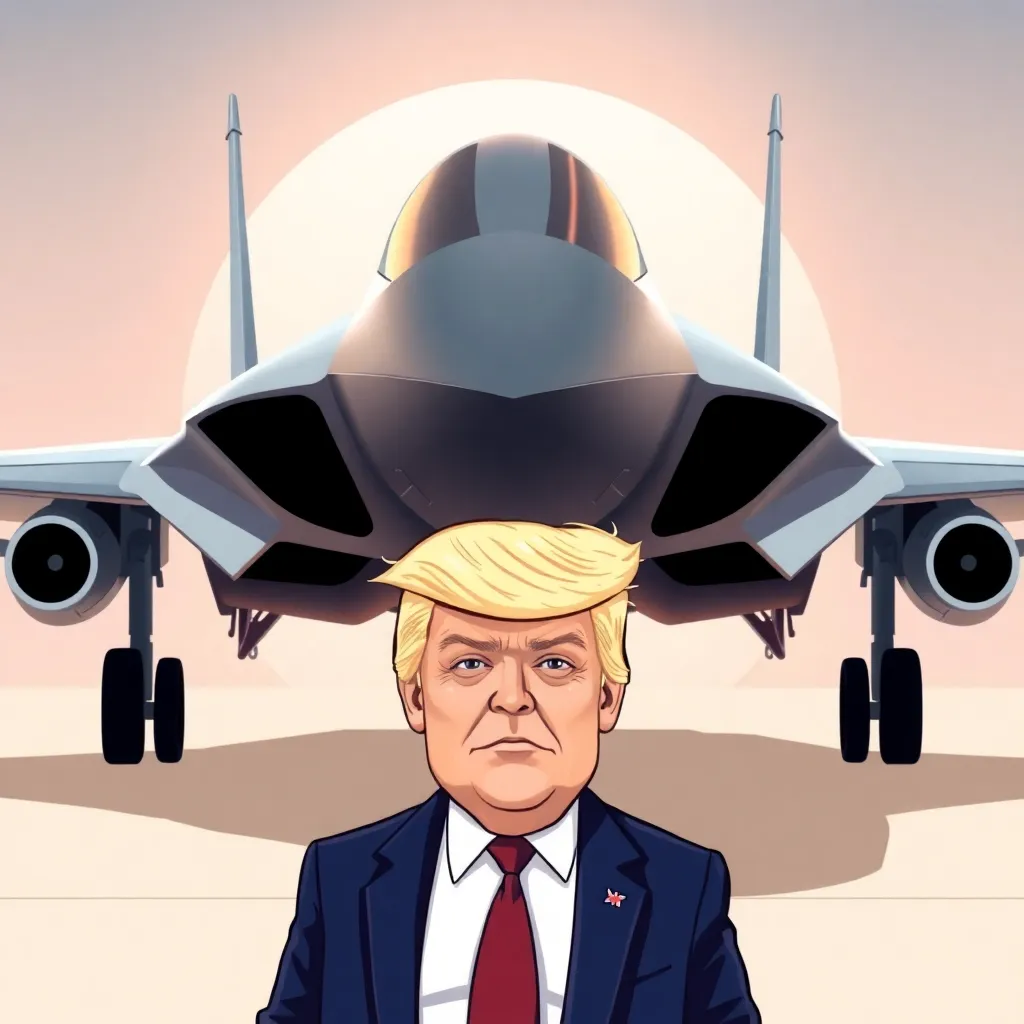
In a surprise move, the Trump administration has awarded Boeing a lucrative $20-billion contract for the Next Generation Air Dominance (NGAD) program, a cutting-edge fighter jet project that is expected to shape the future of the US military’s aerial capabilities. The decision is a significant coup for Boeing, which has faced a tumultuous year marked by an annual loss, a strike, and other setbacks.
The NGAD program is a top priority for the US Air Force, which is seeking to develop a sixth-generation fighter jet that can counter emerging threats from rival nations such as China and Russia. The contract is a major vote of confidence in Boeing’s ability to deliver a complex and ambitious project, and is likely to provide a much-needed boost to the company’s bottom line.
Boeing’s win is also a significant blow to Lockheed Martin, which was widely seen as the frontrunner for the contract. Lockheed’s F-35 fighter jet is currently the most advanced aircraft in the US military’s arsenal, and the company had been expected to leverage its expertise and experience to secure the NGAD contract.
So what factors may have contributed to Boeing’s surprise win? One possibility is that the Trump administration was swayed by Boeing’s commitment to investing in American jobs and manufacturing. Boeing has pledged to build the NGAD fighter jet in the United States, using a supply chain that will support thousands of jobs across the country.
Another factor may have been Boeing’s willingness to take on risk and innovate in its approach to the NGAD program. The company has proposed a novel design that incorporates advanced materials and technologies, including artificial intelligence and robotics. This approach may have impressed the Trump administration, which has emphasized the need for the US military to stay ahead of the curve in terms of technological innovation.
The award of the NGAD contract to Boeing is also likely to have significant implications for the global defense industry. The program is expected to be a major driver of innovation and investment in the aerospace sector, and Boeing’s win is likely to give the company a competitive edge in the global market.
Trump administration’s decision to award the NGAD contract to Boeing is a major boost for the embattled aerospace giant. The contract is a significant vote of confidence in Boeing’s ability to deliver a complex and ambitious project, and is likely to provide a much-needed boost to the company’s bottom line. As the US military looks to the future of air dominance, Boeing’s win is a reminder that innovation and risk-taking can be a powerful combination in the pursuit of excellence.






